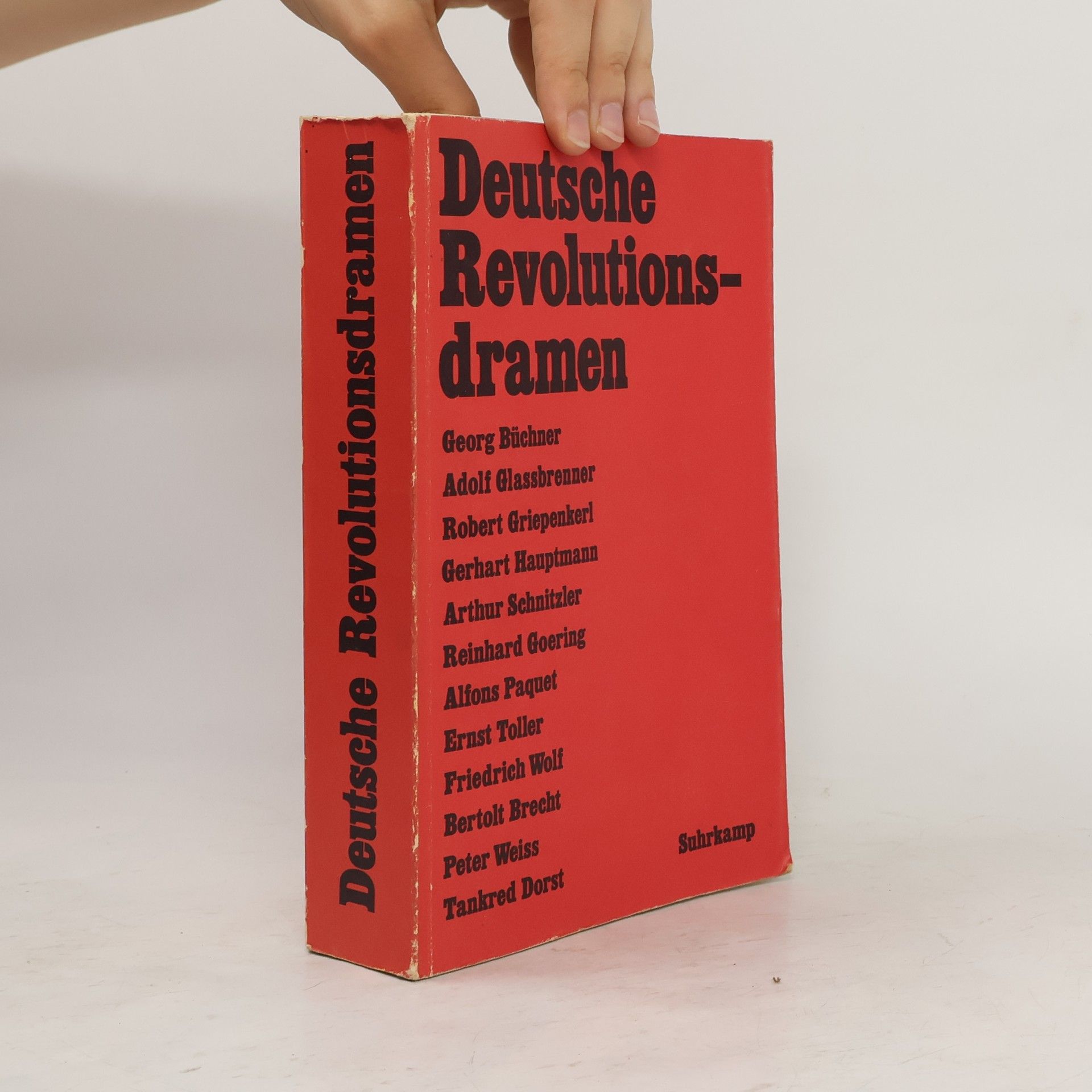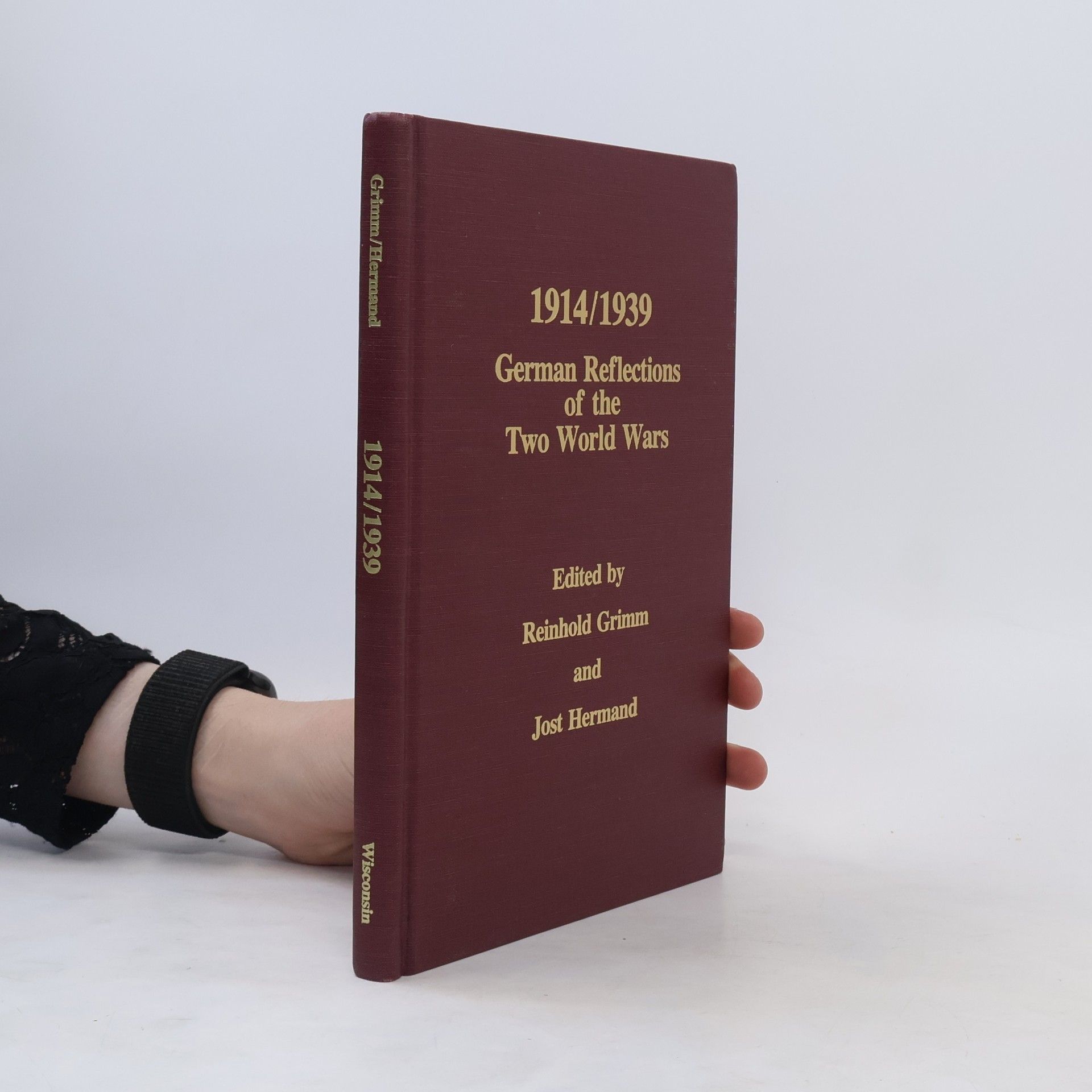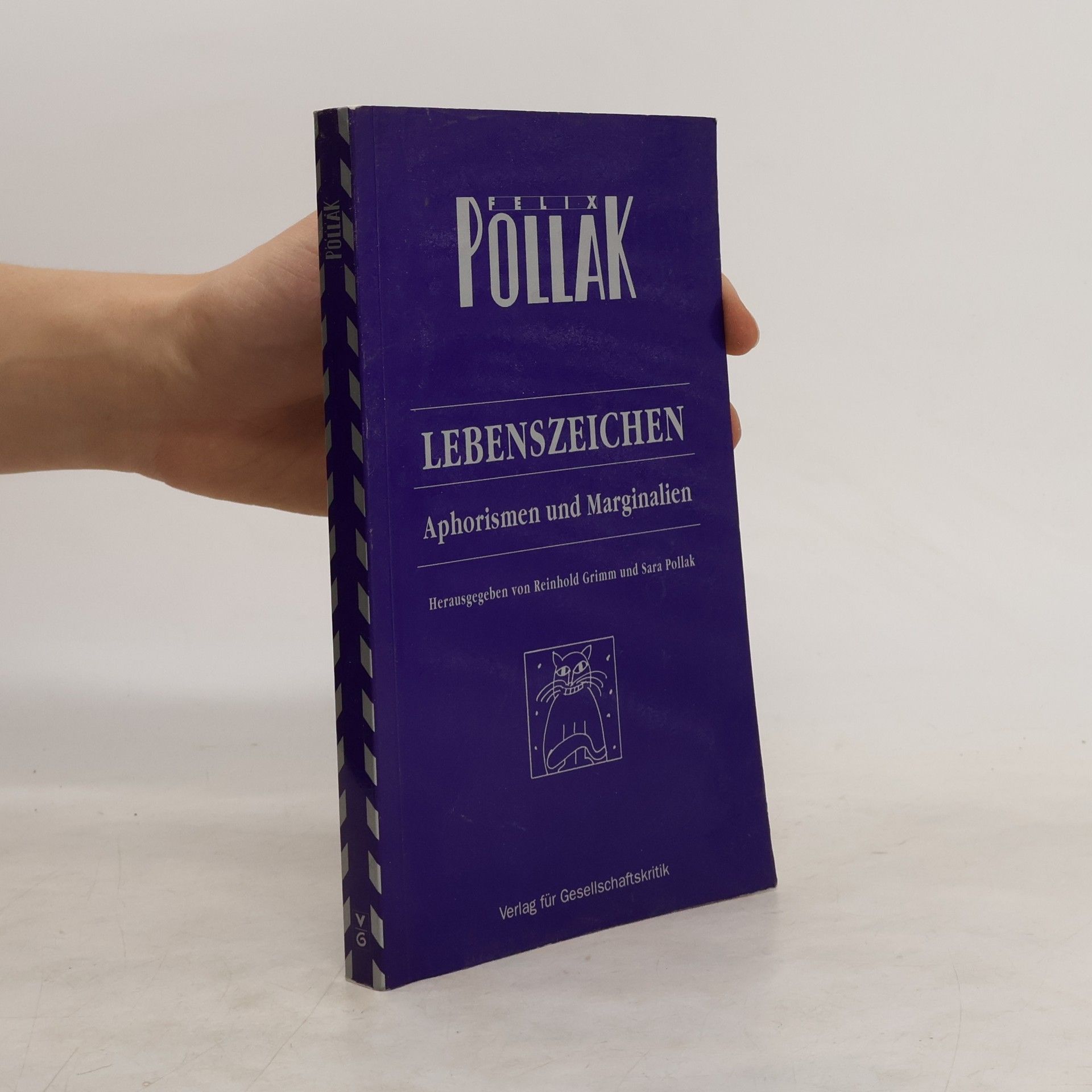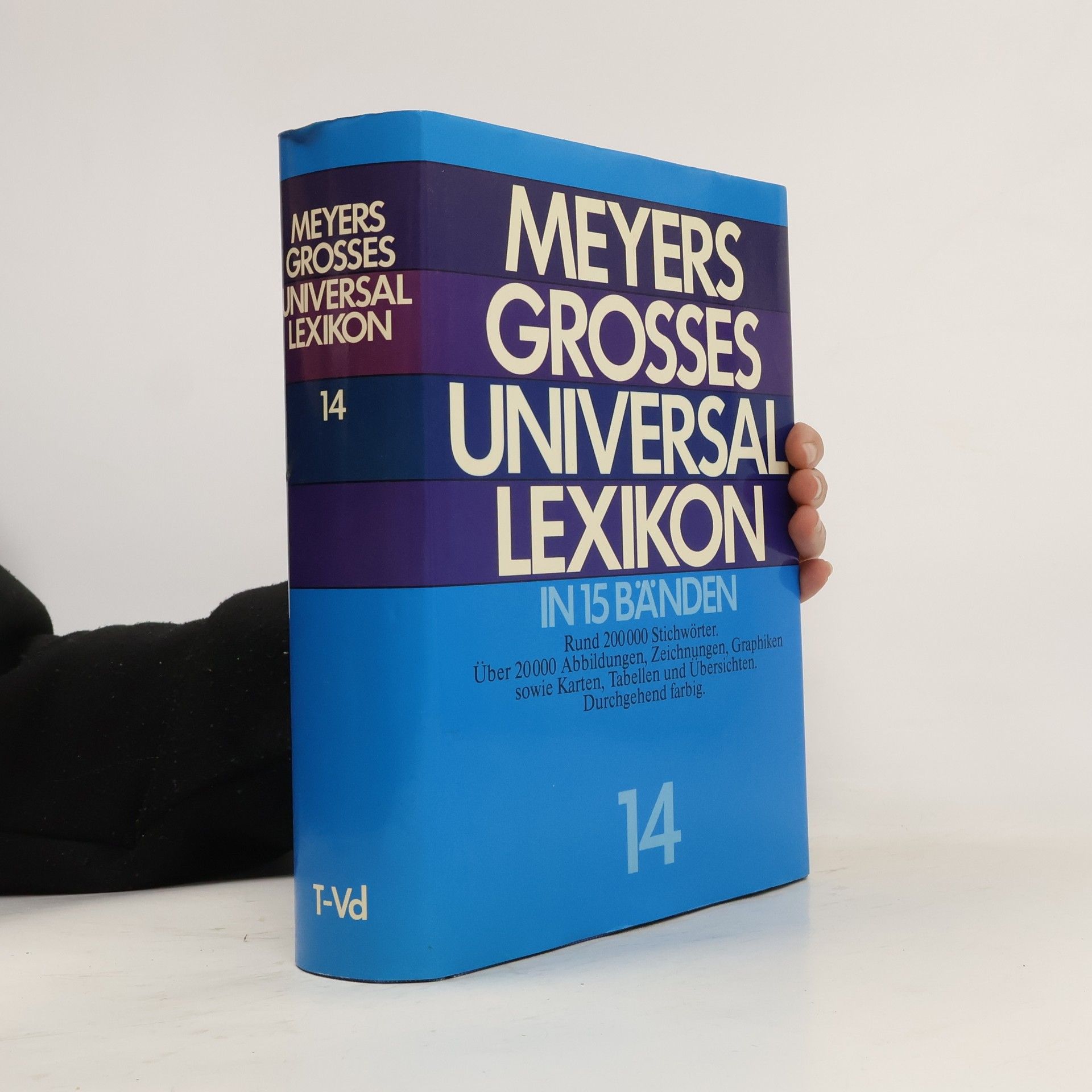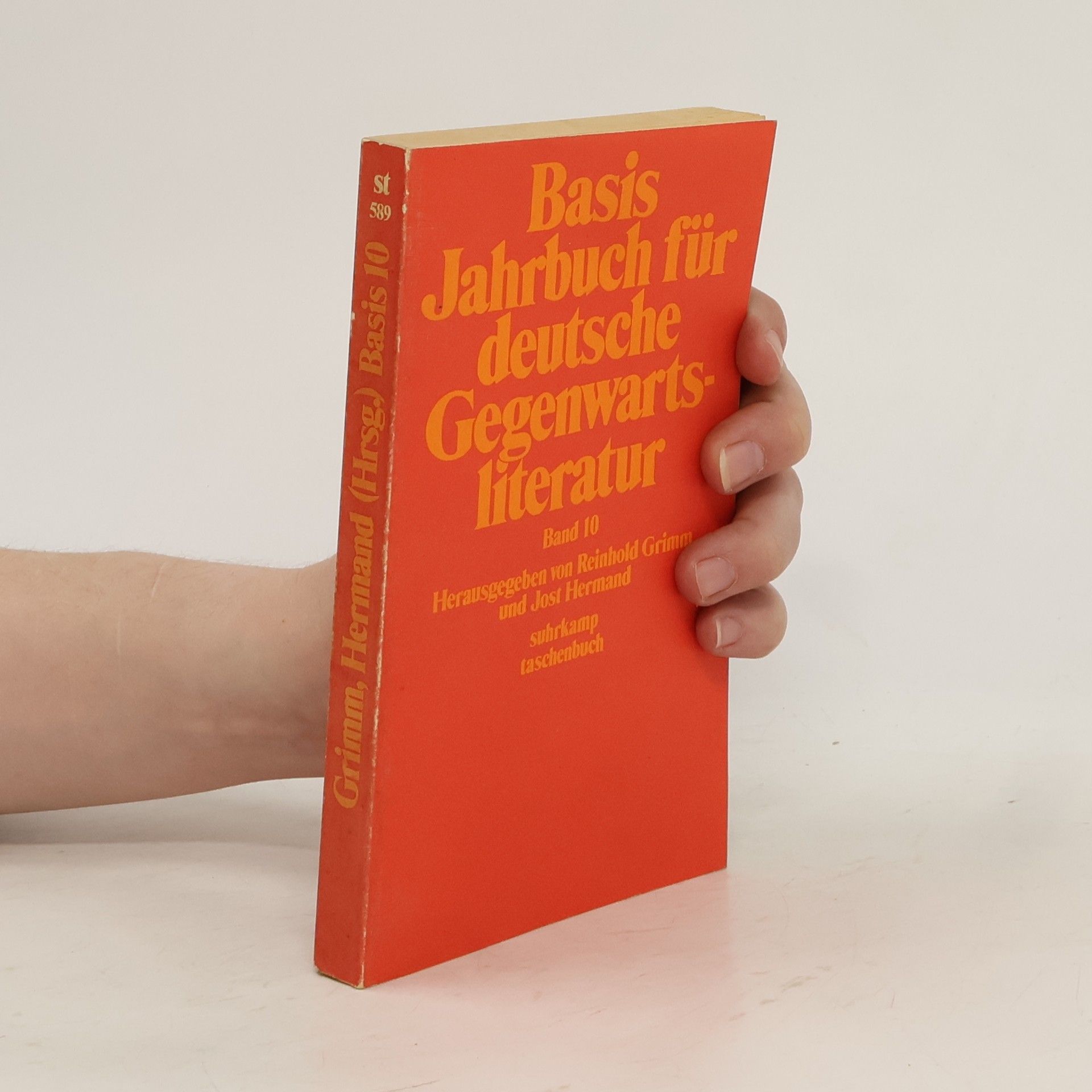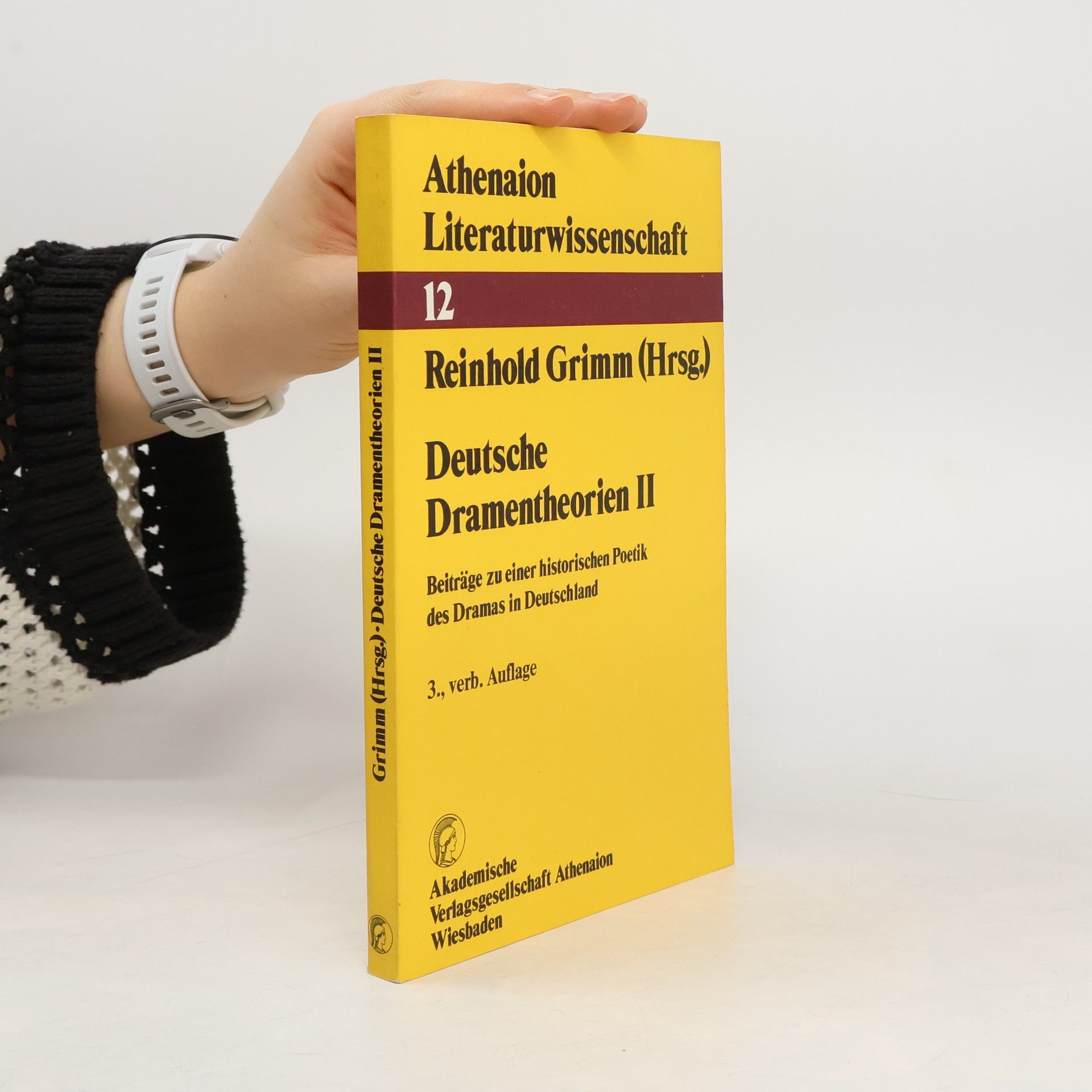1914 - 1939
- 186 pages
- 7 hours of reading
This collection of essays considers the reactions of German writers, artists and intellectuals to each of the world wars. In Germany, World War I evoked a broad base of nationalist feeling that touched even those individuals most remembered today for their stances of opposition during World War II.
